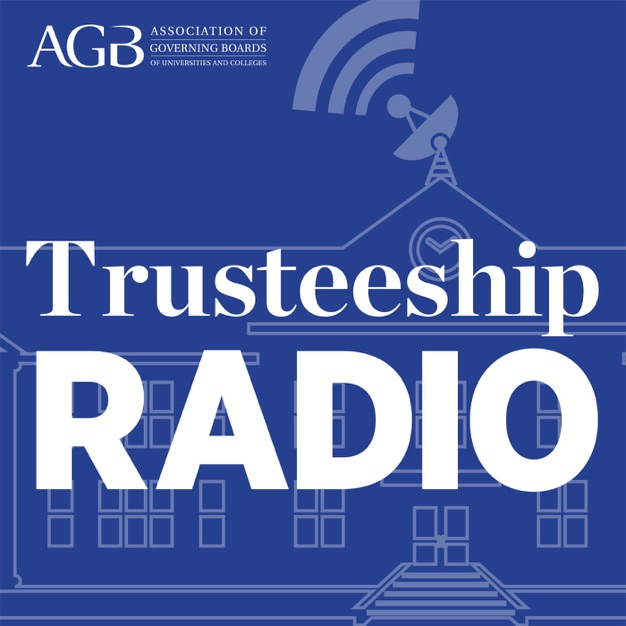
Trusteeship Radio
Association of Governing Boards (AGB)
Trusteeship Radio, the podcast from the Association of Governing Boards, provides perspective on the issues facing the nation's universities and colleges. Through insider insight and expert analysis, Trusteeship Radio (formerly Higher Education Nation) helps leaders in this vital sector advance the public trust in higher education.
- 17 minutes 17 secondsBoard Independence and Neutrality
As colleges and universities face mounting pressures from all directions - donors, politicians, alumni, and various interest groups - the ability of governing boards to maintain their independence has never been more crucial. This autonomy isn't about resisting political influence; it's about ensuring that boards can fulfill their fiduciary duties and make decisions that serve their institutions' missions and values. Board independence is key to institutions maintaining their role as crucial incubators of innovation, discovery, and democratic values. In this podcast, AGB President and CEO Fram Virjee discusses the vital role of independence and neutrality in today’s environment.
23 January 2025, 11:57 am - 24 minutes 13 secondsEndowments: Spending Policy vs. Practice
As colleges and universities attempt to navigate today’s challenging economic environment, they are increasingly relying on their endowments to fund operating costs. That sometimes means spending beyond their endowment’s spending policy guidelines, which presents a difficult dilemma: How do they serve present needs yet also safeguard the institution’s long-term financial sustainability? In this podcast, AGB’s David Bass speaks with Cambridge Associates’ Tracy Filosa about the balance that institutional leaders must strike between, on the one hand, meeting current demands and, on the other, ensuring that adequate resources will be available for future generations of stakeholders.
12 December 2024, 3:24 am - 24 minutes 58 secondsCrafting Robust Succession Plans for Foundation Continuity and Growth
Foundation boards must create leadership succession plans for themselves and their CEOs. In addition, a strong institution-foundation partnership is crucial when a university leadership transition occurs. In this podcast, originally presented as a webinar, AGB Consulting’s Natalie Boehm speaks with AGB Senior Consultant Jane DiFolco Parker and AGB’s Executive Director of Philanthropic Governance David Bass about the vital role of succession planning in ensuring continuity and growth for foundations.
26 November 2024, 11:36 pm - 24 minutes 33 secondsBlack Woman on Board
Dr. Claudia Hampton was the first Black woman to serve on the California State University Board of Trustees and was a key force in the fight for affirmative action in the CSU system. Hampton gained the trust of her predominantly male, white fellow board members by employing “sly civility.” In this podcast, AGB Executive Vice President Mary Papazian, former President of San Jose State University, speaks with Dr. Donna Nicol, who is the Associate Dean for Personnel and Curriculum in the College of Liberal Arts at California State University Long Beach and the author of Black Woman On Board, which chronicles Dr. Hampton’s tenure on the CSU board and her lasting influence on the Cal State system.
31 October 2024, 5:27 pm - 24 minutes 39 secondsArtificial Intelligence and Fundraising
Artificial intelligence plays a key role in digital transformation, allowing institutions to scale their efforts and streamline their work. In this podcast, David Bass, AGB’s executive director of philanthropic governance, and Fundmetric CEO Mark Hobbs discuss the use of AI in fundraising in higher education. Effective use of AI and an improved data infrastructure can help you prioritize and personalize outreach, adapt to changing donor demographics, and identify untapped donor potential.
20 September 2024, 5:11 pm - 15 minutes 15 secondsHigher Education and the 2024 Election
With the 2024 U.S. presidential election on the horizon, how do the Democratic and Republican Party platforms address higher education policy? The election outcome will affect students and institutions, and board members should prepare so they aren’t caught off guard. AGB’s Morgan Alexander and Penn Hill’s Alex Nock discuss the potential impacts of the election, highlighting the GOP's call for eliminating the U.S. Department of Education and the emphasis both parties place on Title IX and alternatives to four-year degrees.
28 August 2024, 7:09 pm - 29 minutes 49 secondsTitle IX Regulations: What Boards Need to Know
The U.S. Department of Education released the final rule on Title IX on April 29, 2024. These new regulations emphasize broader reporting standards and more mandatory reporters, which could lead to an increase in Title IX reporting. In this podcast, Sally Mason, president emerita of the University of Iowa and AGB Senior Consultant and Senior Fellow, and Peter Lake professor of law and director of the Center for Excellence in Higher Education Law and Policy at Stetson University and AGB Consultant discuss the implications of the final rule and what boards need to know.
19 July 2024, 7:25 pm - 23 minutes 31 secondsStrategic Enrollment Planning
Strategic enrollment planning goes beyond attracting new students. It involves supporting current students, evaluating program offerings, and understanding the broader environment. In this podcast, Stuart Jones of Southern Utah University and Lew Sanborne of RNL speak with AGB’s Cristin Toutsi Grigos about the importance of board and campus-wide engagement in strategic enrollment planning, regular assessment of the impact of those strategies, and how thinking small can lead to big changes over time.
6 June 2024, 2:46 pm - 23 minutes 7 secondsDigital Transformation
Changing student expectations, technological advances, and the need for flexibility have been driving a digital transformation in higher education. To make the most of that transformation, colleges and universities—and the boards that oversee them—need to develop a strategic plan and align technology with their institutional goals. In this episode, AGB Senior Consultant Amy Hilbelink, who most recently served as campus president of Pittsburgh, Online at South College, and Chris Moloney, associate vice president and associate managing principal of AGB Consulting, discuss the crucial role board members and trustees play in digital transformation.
23 May 2024, 11:30 am - 15 minutes 2 secondsNew Overtime Regulations - What Boards Need to Know
The Department of Labor recently issued a new rule affecting exempt and non-exempt employee status, which classifies employees based on job characteristics and determines if employees are eligible for overtime pay. The new rule could change who falls into those classifications, including staff and faculty on campuses around the country.
AGB’s Morgan Alexander speaks with Alex Nock of Penn Hill Group about the implications of the new rule for colleges and universities, and what questions boards should be asking senior administrators. For more information, see AGB's Policy Alert.
17 May 2024, 2:52 pm - 17 minutes 58 secondsFAFSA Delays: What Boards Need to Know
The Free Application for Federal Student Aid (FAFSA) serves as the crucial link for students pursuing higher education by determining their financial support needs. However, this year's revised FAFSA rollout has encountered significant challenges—including false starts, communication issues, and inaccurate data—garnering attention both within and outside academia. These delays are causing widespread disruptions for students, families, and educational institutions, with particularly severe implications for colleges that serve economically disadvantaged students.
In this podcast, AGB’s Morgan Alexander speaks with Alex Nock of Penn Hill Group about the implications of the FAFSA delay for higher education, as well as the pertinent questions boards should be asking.
19 March 2024, 1:19 pm - More Episodes? Get the App
Your feedback is valuable to us. Should you encounter any bugs, glitches, lack of functionality or other problems, please email us on [email protected] or join Moon.FM Telegram Group where you can talk directly to the dev team who are happy to answer any queries.
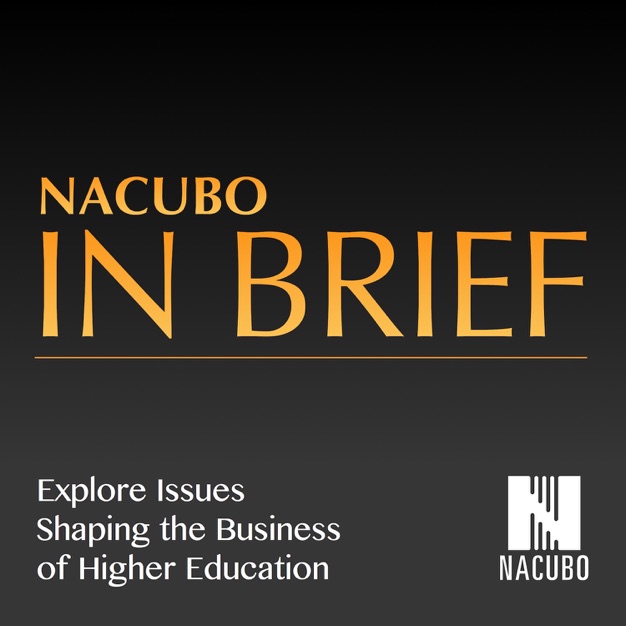 NACUBO In Brief
NACUBO In Brief
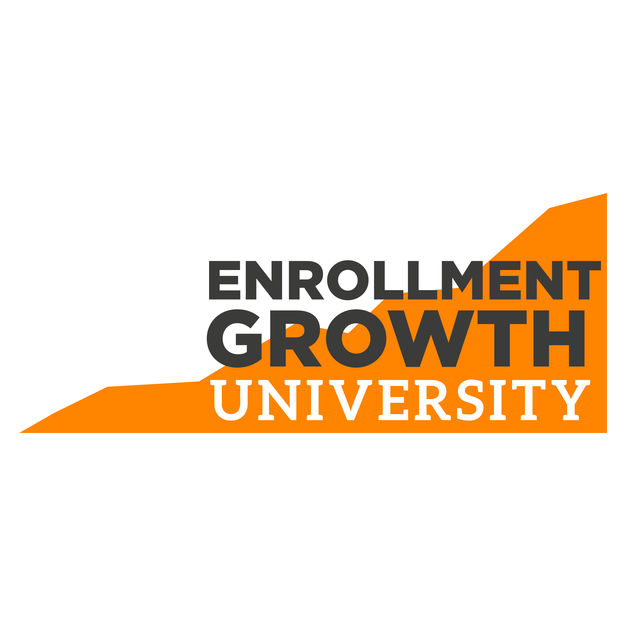 Enrollment Growth University: Higher Education
Enrollment Growth University: Higher Education
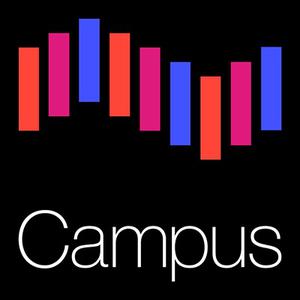 Campus by Times Higher Education
Campus by Times Higher Education
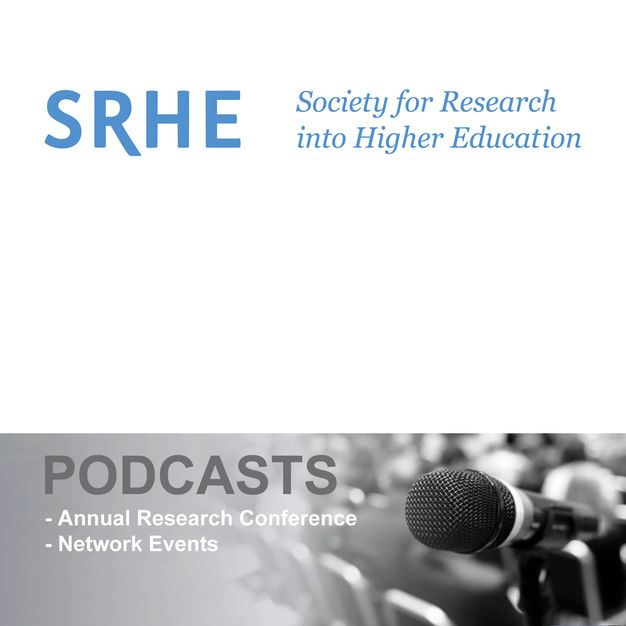 SRHE (Society for Research into Higher Education) Conference And Network Podcasts
SRHE (Society for Research into Higher Education) Conference And Network Podcasts
 Radio Higher Ed
Radio Higher Ed
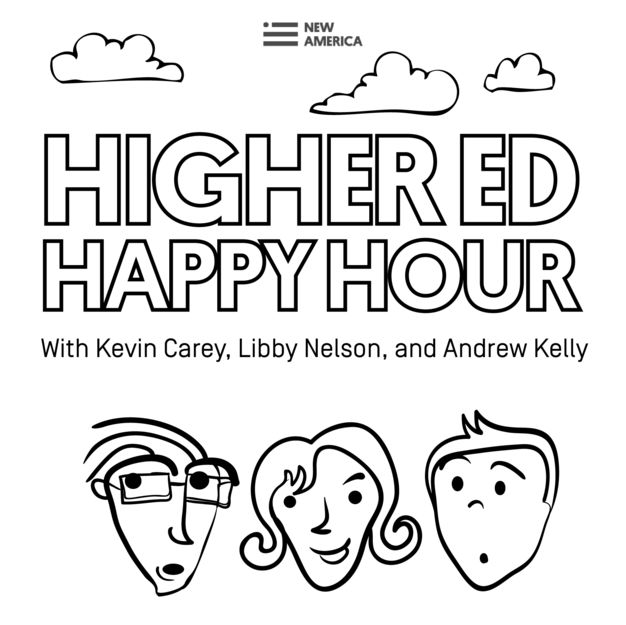 Higher Ed Happy Hour
Higher Ed Happy Hour